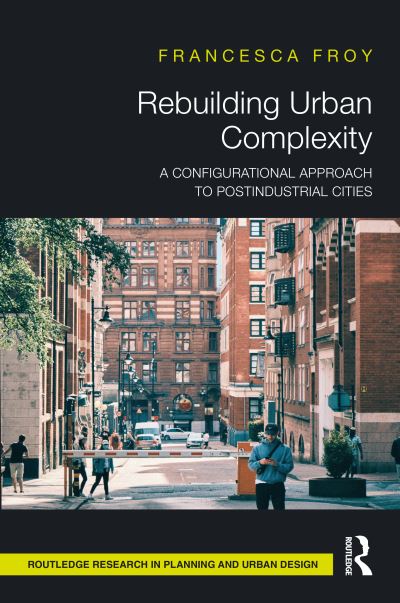
This is a book about urban complexity - how it evolves and how it gets destroyed. It explores the structures of interdependency which underpin cities, where the many different "parts" (people, streets, industry sectors) interact to form an evolving "whole".
The book explores the evolution and destruction of complexity in one city - Greater Manchester - but also other post-industrial cities, including Sheffield and Newcastle, Detroit and New Haven. The focus is on the networked qualities of public urban space, and how street networks work as multiscale systems. The book also explores economic networks, and the evolving sets of interconnecting economic capabilities which help to shape urban economies. It demonstrates how cities evolve through processes of self-organisation - and concludes by considering how policy makers can best harness such processes as they rebuild urban complexity following insensitive planning interventions in the 1960s and 1970s.
The book will appeal to anybody with an interest in cities, and how they work. It is interdisciplinary in scope, weaving in strands from architecture, economics, history, anthropology and ecology. It is written for academics but also non-academics, including urban planners, architects, local economic development actors and other policy makers.
| ISBN: | 9781032384566 |
| Publication date: | 19th December 2024 |
| Author: | Francesca Froy |
| Publisher: | Routledge an imprint of Taylor & Francis |
| Format: | Hardback |
| Pagination: | 184 pages |
| Series: | Routledge Research in Planning and Urban Design |
| Genres: |
Urban and municipal planning and policy Industrialisation and industrial history Regional / urban economics City and town planning: architectural aspects Urban communities Economics of industrial organization History of architecture Manufacturing industries European history Transport planning and policy Civil engineering, surveying and building Interdisciplinary studies |